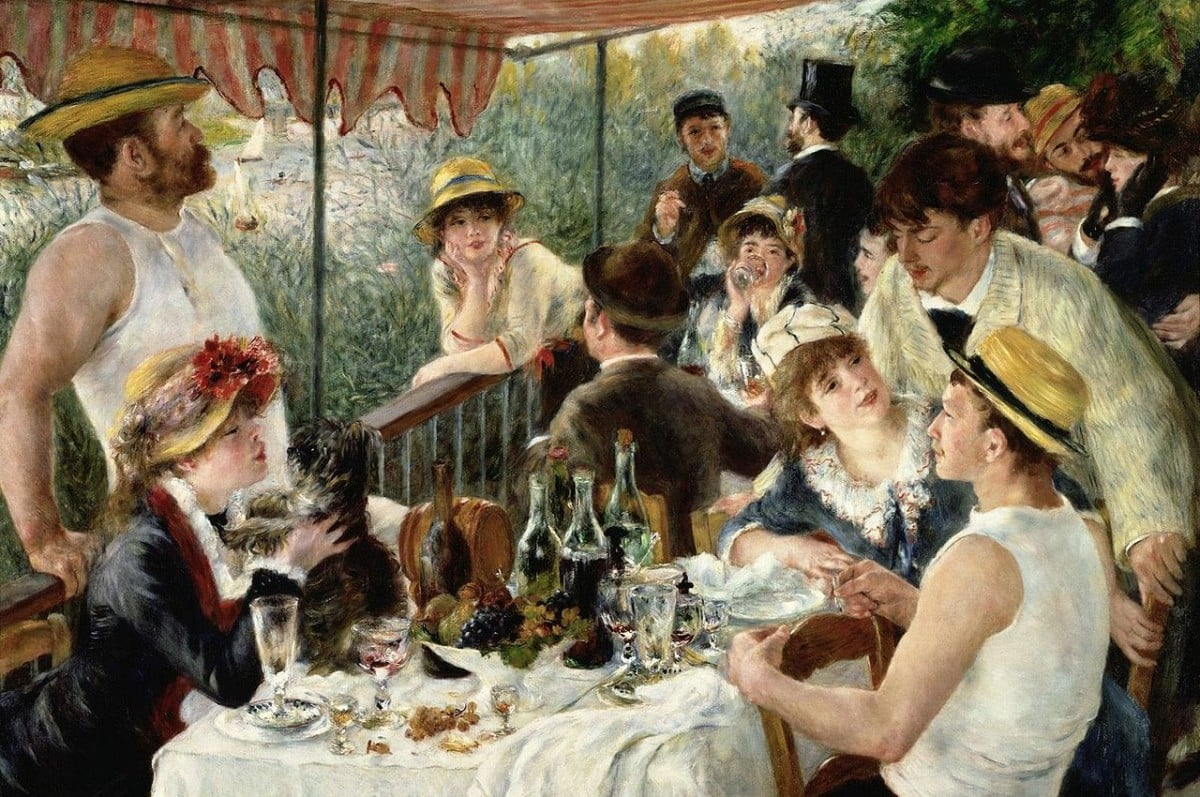People
10 Things Pierre-Auguste Renoir Taught Us About Painting
The artist was born on February 25, 1841.
The artist was born on February 25, 1841.
Rain Embuscado


Pierre-Auguste Renoir, Self-Portrait (1910).
Photo: Wikipedia Commons.
Almost a century after his death, Pierre-August Renoir, who was born on February 25, 1841 and died in 1919, retains a prominent place in the art canon. In his early thirties, Renoir joined Edgar Degas, Camille Pissarro, and others to mount what would be remembered as the first Impressionist exhibition. The rest is history.
As a painter, Renoir openly privileged the role of beauty in his works. But recent years have seen a divergence in opinion on the aesthetic qualities of his paintings. Love him or hate him, his passion for painting is hard to deny, considering he maintained the practice deep into his later years despite the myriad challenges of rheumatoid arthritis.
To celebrate the Impressionist master’s birthday, we’ve compiled a list of things Renoir taught us about art, emotion, and, invariably, the virtue of perseverance.
1. Renoir tells us that art is rooted in emotion:
“Art is about emotion; if art needs to be explained it is no longer art. ”
2. And art should be anything but predictable:
“Irregularity is the basis of all art.”
3. What he identified as the queen of all colors stays constant:
“I’ve been 40 years discovering that the queen of all colors was black.”
4. All other theories may walk out the door:
“You come to nature with all of your theories, and she knocks them all flat.”

Pierre-Auguste Renoir, Madame Monet Reading Le Figaro (1872).
Photo: Wikipedia Commons.
5. After all, theories rarely inform when it comes to what matters:
“The most important element in a picture cannot be defined.”
6. Renoir emphasizes the importance of exceeding our limits:
“One must from time to time attempt things that are beyond one’s capacity.”
7. Luckily, he’s quick to reassure us that our aptitude for learning improves with age:
“The advantage of growing old is that you become aware of your mistakes more quickly. ”
8. What’s more, Renoir thinks the passing of time is a good thing:
“You’ve got to be a fool to want to stop the march of time.”
9. Knowing how to use your time, on the other hand, is yours to decide:
“I was beaten from the start by this insane passion for monotony so strong in our day. I had to give up.”

Pierre-Auguste Renoir, The Luncheon on the Boating Party (1880-1881).
Photo: Wikipedia Commons.
10. Finally, Renoir had a special message to anyone who’s ever had a crisis in faith:
“Your fervent attempt to be both a teacher and an artist may at times seem like an undertaking that’s simply beyond your capacity—beyond anyone’s capacity. That’s okay. From tremendous effort, tremendous things sometimes emerge. You’ll simply never know if you don’t try to find out what your true capacity is. I expect it will be far greater than you ever thought possible.”
Follow artnet News on Facebook.